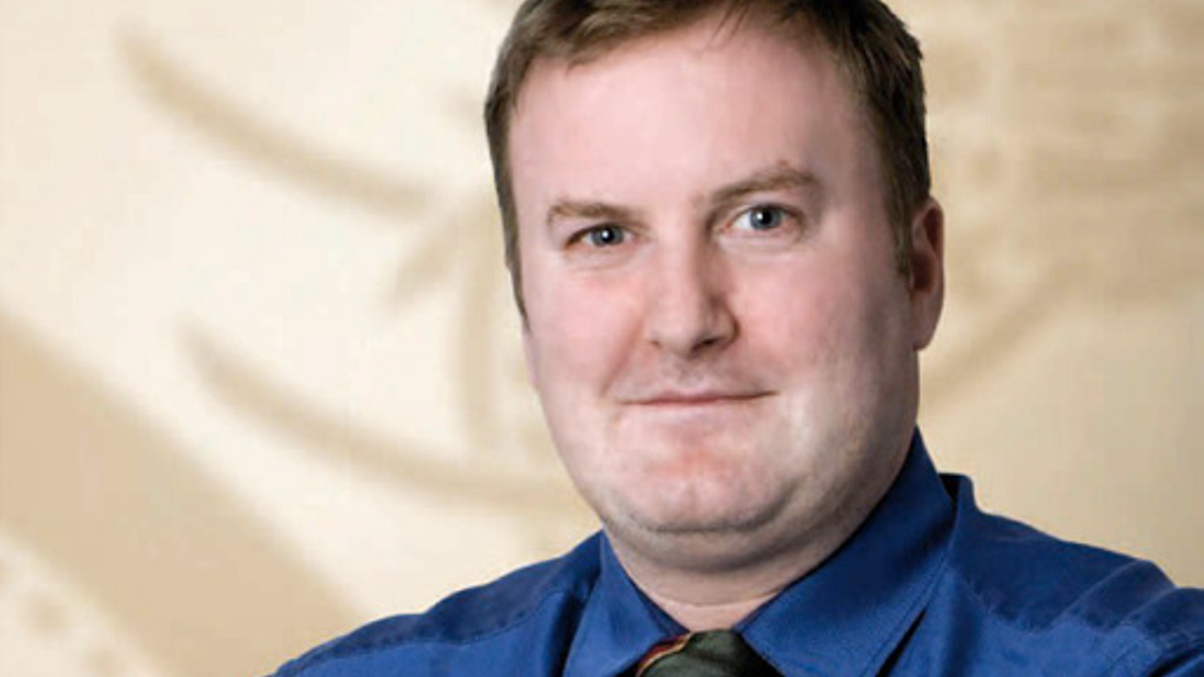CIO Horrocks sees positives of ditching euro
Mathews Asia's Robert Horrocks says Greek default would have minimal impact on Asia. The firm talks about its expansion and product plans.

Ditching the euro could be positive, while the impact of a Greek default on China’s economy would be so negligible Asian investors shouldn’t fixate on it, says Matthews Asia CIO Robert Horrocks.
Sign in to read on!
Registered users get 2 free articles in 30 days.
Subscribers have full unlimited access to AsianInvestor
Not signed up? New users get 2 free articles per month, plus a 7-day unlimited free trial.
¬ Haymarket Media Limited. All rights reserved.


